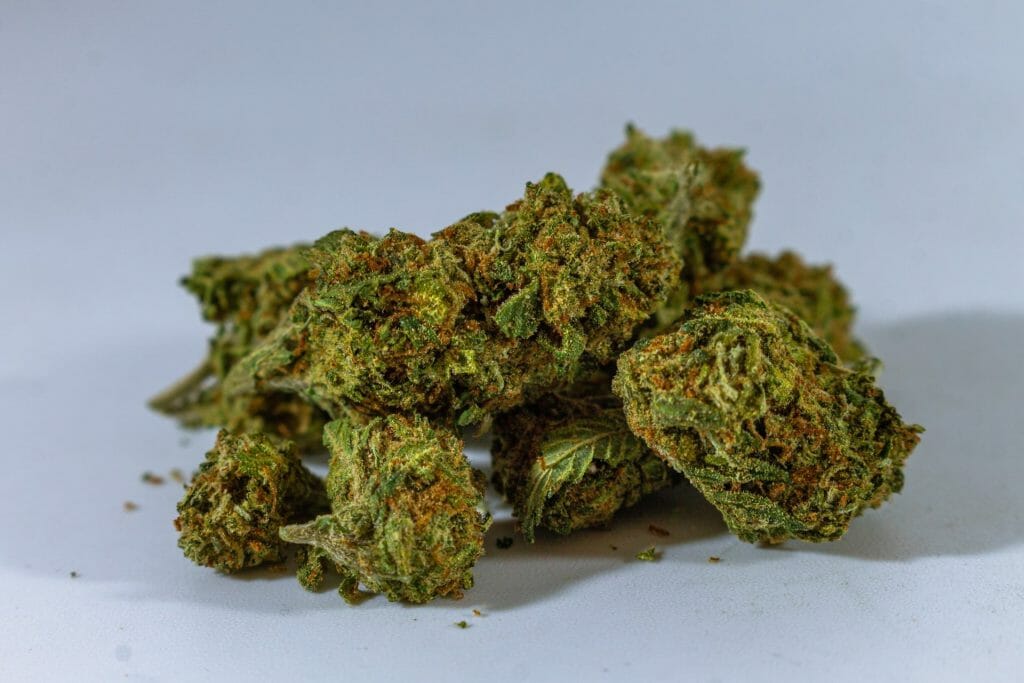The cannabis sector at Online Dispensary Canada Shop is rapidly evolving to cater to the needs of health-aware consumers, with many opting for cannabis for pain relief, muscle recovery, and stress alleviation.
From renowned athletes to health enthusiasts, individuals are discovering that cannabis can serve as a potent resource for enhancing both physical and mental well-being. In this article, we will delve into how the cannabis industry at Online Dispensary Canada Shop is transforming the health and fitness landscape, as cannabis gains traction as a favored method for promoting overall wellness. Pause your current activity and continue reading to uncover more about cannabis available at Online Dispensary Canada Shop!
Table of Contents
The Science Behind cannabis and Wellness
How cannabis Works in the Body
cannabis interacts with the body’s endocannabinoid system, a complex network of receptors and neurotransmitters that governs various physiological processes such as mood, appetite, pain perception, and immune function.
The two primary components of cannabis, THC and CBD, engage with the endocannabinoid system. THC is responsible for the psychoactive effects of cannabis, while CBD does not produce these effects and has shown potential medicinal properties.
When cannabis is consumed, THC and other cannabinoids bind to cannabinoid receptors located throughout the brain, nervous system, and immune system. This interaction can lead to diverse outcomes, including euphoria, altered time perception, increased appetite, and mood fluctuations.
CBD has the potential to address various conditions such as chronic pain, anxiety, and epilepsy by interacting with other pain modulation and inflammation-related receptors rather than directly binding to cannabinoid receptors.
Effects of cannabis on Wellness and Fitness
Although more research is needed regarding cannabis, some sources indicate promising findings. Here are several examples:
Pain Management
For many individuals suffering from chronic pain or injuries, cannabis has shown potential benefits for pain relief. Patients experiencing chronic pain who utilized cannabis reported significant reductions in overall discomfort.
Muscle Recovery
The application of cannabis may aid in muscle recovery post-exercise. Research published in the International Journal of Physical Education, Sports and Health indicates that athletes who consumed CBD after workouts experienced faster recovery times and significantly less muscle soreness at intervals of 24, 48, and 96 hours after exertion.
Stress Relief
Recent studies suggest that cannabinoids could be beneficial in addressing PTSD. One investigation demonstrated that using cannabis can reduce activity in the amygdala, which is responsible for fear responses to perceived threats. Another study indicates that cannabinoids may assist in the extinction of traumatic memories. These effects present therapeutic potential for those grappling with PTSD.
cannabis and Physical Wellness
The cannabinoids found in cannabis interact with the endocannabinoid system, which regulates pain, inflammation, and immune responses.
cannabis is effective in alleviating neuropathic pain, cancer-related pain, and discomfort associated with multiple sclerosis. THC activates brain receptors involved in pain management, leading to pain relief.
cannabis and Mental Wellness
The cannabinoids influence the body’s endocannabinoid system, which governs mood, anxiety, and stress levels. Research has shown that cannabis can effectively reduce symptoms of anxiety and stress.
THC, the primary psychoactive compound in cannabis, has been found to stimulate specific brain receptors that regulate stress and anxiety responses, resulting in a calming effect. CBD, another component of cannabis, has also demonstrated potential anti-anxiety properties.
Many individuals utilize cannabis to unwind after a hectic day or to improve their sleep quality at night. cannabis can exhibit sedative effects, which may be advantageous for those experiencing sleep disturbances tied to stress or anxiety.
Examples of Meditation Practices that Incorporate cannabis Use
It’s essential to acknowledge that using cannabis before or during meditation can yield various effects on the body and mind, and may not be suitable for everyone.
Here are some examples of meditation techniques that might include cannabis:
Mindfulness Meditation
Many individuals find that cannabis enhances their ability to relax and concentrate, which can be beneficial for mindfulness meditation. Additionally, some users feel that cannabis helps them become more attuned to bodily sensations and emotions, which is a key aspect of mindfulness.
Guided Meditation
Certain guided meditations are specifically crafted to complement the effects of cannabis. These sessions may incorporate music or soundscapes designed to enhance relaxation and focus.
Yoga Nidra
Yoga nidra is a form of guided meditation often used for relaxation and stress reduction. Some individuals discover that cannabis enriches their yoga nidra experience, helping them feel more relaxed and present.
Transcendental Meditation
This technique involves repeating a mantra to quiet the mind and achieve deep relaxation. Some practitioners find that cannabis facilitates easier entry into this state and helps maintain focus on their mantra.
Conclusion
cannabis is swiftly transforming the health and fitness domain, as more individuals explore its potential health advantages. Numerous online cannabis stores, including Online Dispensary Canada Shop, provide access to these products. Their knowledgeable staff can answer any inquiries about cannabis. Ensure you are at least 18 years old before visiting a cannabis store.
While cannabis has traditionally been associated with recreational usage, its potency and potential for addressing a variety of health issues are becoming increasingly well-documented. From pain management to anxiety reduction, cannabis holds the promise of enabling individuals to lead healthier, more active lives.
“`



